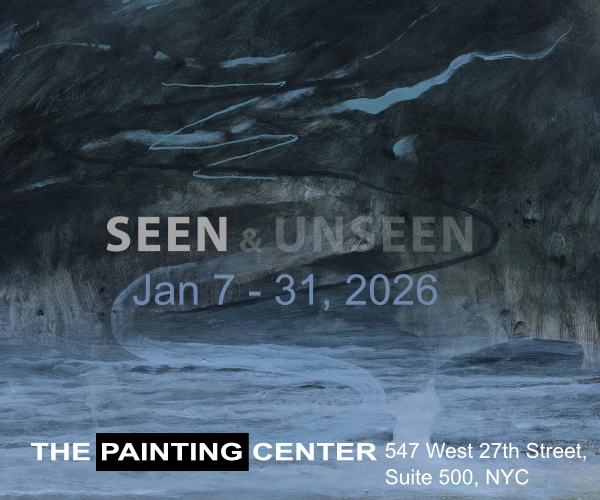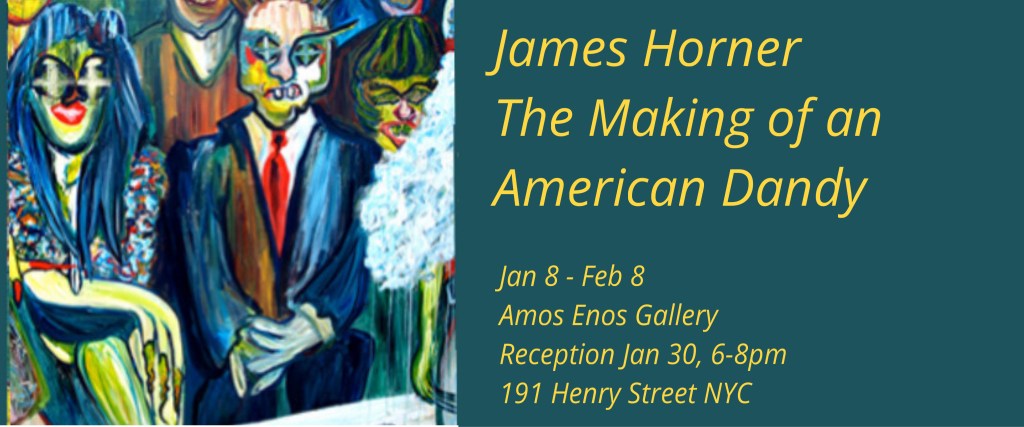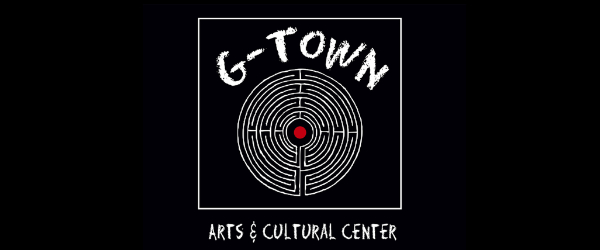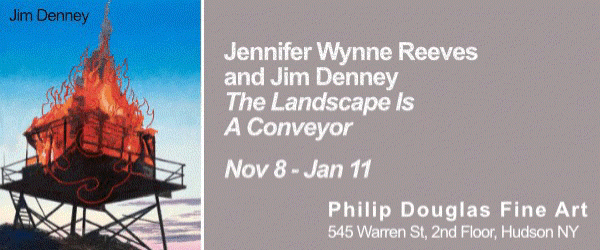
Contributed by Jonathan Stevenson / In writer-director John Patton Ford’s grippingly lean and gritty thriller Emily the Criminal, the audience is immediately thrust in scene with Emily Benetto, who works for a caterer without benefits. Absent exposition, she simply seems petulant and put-upon, not unlike many young adults trying to make their way in an increasingly forbidding world. Forced to quit art school, Emily is saddled with $70,000 in debt and no marketable credentials. But thanks to the dark nuance of Aubrey Plaza’s terrific performance and Ford’s crafty screenplay and cold-eyed direction, it remains clear that something ugly and ingrained lurks behind Emily’s immediate circumstances. Despite early appearances, this film is not a didactic contemplation of the false seductions of the middle class in twenty-first-century America, and only incidentally concerns female empowerment. It is centrally about character and how immutable it is or isn’t.


Gradually it transpires that Emily has serious anger issues, a criminal record, and a massive chip on her shoulder that current discourse might domesticate as “imposter syndrome.” There is trace evidence that she has some talent with the brush and the charcoal, but she judges that the struggling-artist thing is for losers. If you’re willing to court legal and bodily risk – and Emily, a dab hand as well with pepper spray, a Taser, and a box-cutter, turns out to enjoy it, however dourly – credit-card fraud in partnership with Youcef, a Fagin-esque Lebanese criminal (Theo Rossi of Sons of Anarchy fame, excellent) who digs her passive-aggressive flirtation and becomes genuinely sweet on her, makes more practical sense. In a rough progression of ostensibly nice people behaving badly, Emily the Criminal is well to the right of, say, Paul Brickman’s Risky Business or even Jonathan Demme’s Something Wild.
Art, like any other field of endeavor, attracts all kinds. Conversely, it can shape a person’s character. Does the latent nurturing of an art-school background eventually overcome Emily’s barbarous nature? She flails at an interview for an unpaid internship at an ad agency, and her social resentment prevails. One glisteningly nasty scene crystallizes the skewed balance between her willfulness and her tolerance: after lacerating the abdomen of Youcef’s treacherous brother and leaving him prostrate and bleeding on the floor, she asks him whether he can breathe and talk. When he answers yes, she tosses a burner phone on his chest and says, “Call an ambulance.” In the context of this hardnosed and purposefully cynical movie – and, more interpretively, a world that is becoming more Darwinian and benighted – it all scans. Character is hard to change and sensitive to stress and disruption; society beware.
Emily the Criminal, written and directed by John Patton Ford. Distributed by Vertical Entertainment and Roadside Attractions, 2022.























